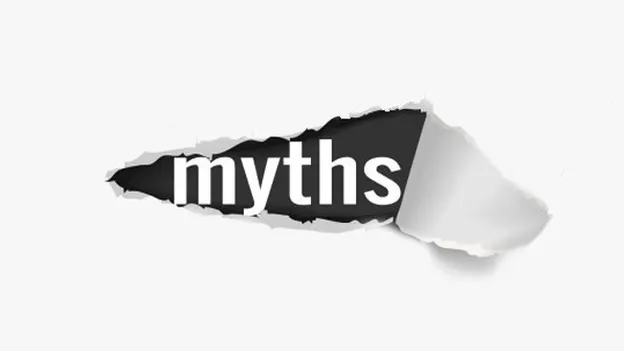
Introduction:
Myths have been an integral part of human culture since ancient times, serving as powerful narratives that explain the mysteries of the world, impart moral lessons, and transmit cultural values from one generation to the next. Despite their ancient origins, myths continue to influence modern culture in profound ways, shaping our beliefs, values, and identities. In this article, we will explore the enduring power of myth and how these ancient stories continue to resonate in contemporary society.
The Function of Myth:
- Explanation of the Unknown:
One of the primary functions of myth is to explain the mysteries of the natural world and the human condition. Ancient cultures relied on mythological narratives to make sense of natural phenomena, such as the changing seasons, the movement of celestial bodies, and the origins of life and death. These myths provided a framework for understanding the world and our place within it.
- Transmission of Cultural Values:
Myths serve as vehicles for transmitting cultural values, norms, and beliefs from one generation to the next. Through stories of gods, heroes, and epic quests, myths convey moral lessons, ethical principles, and societal expectations. These narratives reinforce cultural identity and provide a sense of cohesion and belonging within a community.
The Influence of Myth on Modern Culture:
- Literature and Art:
Mythological themes and motifs permeate literature, art, and popular culture, serving as rich sources of inspiration for writers, artists, and filmmakers. From Greek tragedies to Norse sagas, from fairy tales to superhero comics, mythological elements continue to captivate audiences and shape creative expression. Contemporary authors and artists often reinterpret ancient myths to explore timeless themes such as love, betrayal, heroism, and the struggle between good and evil.
- Religion and Spirituality:
Many religious traditions draw heavily on mythological narratives to convey spiritual truths and sacred teachings. Myths of creation, divine intervention, and the afterlife form the foundation of religious beliefs and rituals across cultures and faith traditions. Even in secular societies, mythological motifs persist in the collective consciousness, influencing attitudes towards morality, ethics, and existential questions.
- Political and Social Discourse:
Myths and archetypes play a significant role in shaping political ideologies, national identities, and social movements. Political leaders often invoke mythological imagery and symbolism to rally support, inspire loyalty, and justify their actions. National myths, such as the American Dream or the British Empire, reflect shared ideals and aspirations, shaping perceptions of national identity and historical narratives.
Analyzing the Psychology of Myth:
- Carl Jung and the Collective Unconscious:
Swiss psychologist Carl Jung proposed the concept of the collective unconscious, a reservoir of shared symbols, archetypes, and primordial images that are common to all humanity. According to Jung, myths tap into the collective unconscious, expressing universal themes and motifs that resonate across cultures and time periods. Archetypal figures such as the hero, the trickster, and the wise old man appear in mythological traditions around the world, reflecting fundamental aspects of the human psyche.
- Joseph Campbell and the Hero’s Journey:
Joseph Campbell, an American mythologist, identified the “hero’s journey” as a common narrative structure found in myths and legends from diverse cultures. In his book “The Hero with a Thousand Faces,” Campbell outlined the stages of the hero’s journey, including the call to adventure, the trials and challenges faced along the way, and the ultimate return with newfound wisdom and insight. According to Campbell, the hero’s journey symbolizes the universal quest for self-discovery, transformation, and spiritual fulfillment.
Conclusion:
The power of myth lies in its ability to transcend time and space, speaking to universal truths and eternal mysteries that resonate deeply within the human psyche. From the ancient myths of gods and heroes to the modern myths of superheroes and space exploration, these stories continue to shape our beliefs, values, and cultural identity. By exploring the enduring legacy of myth in modern culture, we gain insight into the timeless wisdom and profound insights contained within these ancient narratives.
References:
– Campbell, J. (2008). The Hero with a Thousand Faces. New World Library.
– Eliade, M. (2019). Myth and Reality. Waveland Press.
– Jung, C. G. (1969). The Archetypes and the Collective Unconscious. Princeton University Press.
– Malinowski, B. (2014). Myth in Primitive Psychology. Routledge.








Semaglutide pharmacy price https://rybelsus.tech/# rybelsus price
semaglutide
сколько стоит диплом сколько стоит диплом .
Оформить заказ
kyc-diplom.com/order.html
купить диплом образования челябинск server-diploms.ru .
Быстрое обучение и получение диплома магистра – возможно ли это?
uebkameri.listbb.ru/viewtopic.php?f=2&t=976